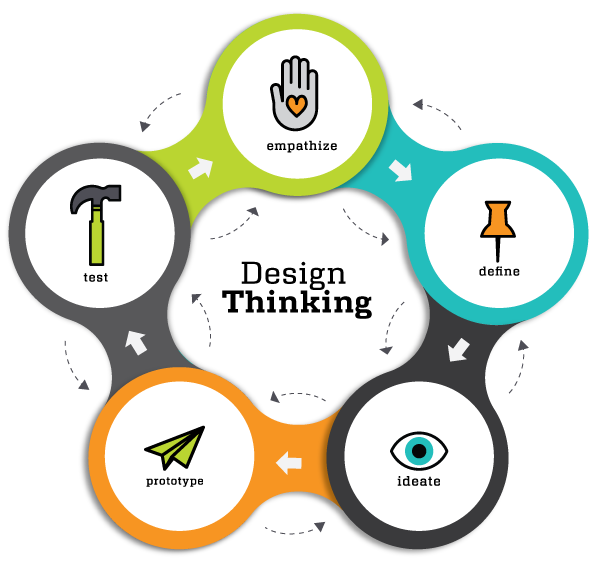Digital Technology is the first subject to be added to the school curriculum in many years. This poses the challenge that it is a subject that parents and teachers themselves did not experience during their own school years. While ICT skills are a part of every adult's life, whether it be email, word processing, spreadsheets, designing or social media, the subject Digital Technology treads a different path. For teachers the lack of experience has been managed through supplementary training through Griffith University, the Tech Ambassadors' program and in school PD and coaching. Parents have mostly been left in the dark.
Digital Technology provides practical opportunities to develop digital solutions, use digital systems and be mindful of the information used and created by these systems. It extends the Technologies subject area's focus of Design thinking by adding Systems and Computational thinking. Students learn that they are not only creating digital solutions to 'problems' but that they are also improving on current solutions and generating information, by sorting and processing data, that can help us to make better choices.

These are skills that will be relevant in almost every profession in the future.
Systems Thinking involves looking at a complex problem as a whole system and analysing how the components interact and relate to each other. This includes how networks work and how hardware and software work together.
Computational Thinking identifies skills that help manage complex digital solutions, from planning to data managment and results analysis.
10 Key concepts underpin Computational Thinking:
Abstraction
- Hiding details of an idea, problem or solution that are not relevant, to focus on the important elements
Data collection, representation and interpretation
- Extracting meaning to create information from data
Specification, algorithms and implementation
- Focuses on the precise definition and communication of problems and their solutions
Digital Information Systems
- Hardware, software, networks and the internet
Interactions and impacts
- All aspects of human and Digital Information System interaction, positive and negative
Digital Technology is not reliant on one type of hardware or software. As a subject it will evolve with changes in technology, accepting that this is an inevitable part of technology use. As such it is important that skills taught are transferable to different contexts and platforms.
Digital Technology asks what is our preferred future and how do we get there?
What is a Digital System?
A digital system is a collection of hardware driven by software which processes data.
Digital systems can be self-contained such as a phone. The computer is connected to a touch screen,
a speaker, a camera, a wireless receiver and more. The Operating System processes data that it collects and presents information to the user.
Digital systems can be complex such as the school network. A network of data cabling linking devices and printers to a central server that houses student accounts, common files and additional software.
Digital systems can be as simple as an Excel spreadsheet processing a short survey. A single computer runs the software which processes the data into information (graphs).
What sorts of 'problems' do students solve?
Developing systems to manage and organise data
How do I manage all these tuckshop orders?
Creating information to help us make informed decisions
How much waste are we producing and what should we do about it?
How can we support our students to use devices safely?
Designing interactive software that gathers information, delivers a message or entertains
How can I collect proof of student understanding of a subject?
How can I engage the 8-10 year old games market?
What is a 'preferred future'?
Teaching students to imagine what they want the future to look like. This is based on forecasting where technology and usage is projected to develop by exploring past trends as well as identifying what could be changed to make the future more efficient and user friendly.
Digital Technology seeks to teach students how to solve the problems that will stop us achieving this preferred future.